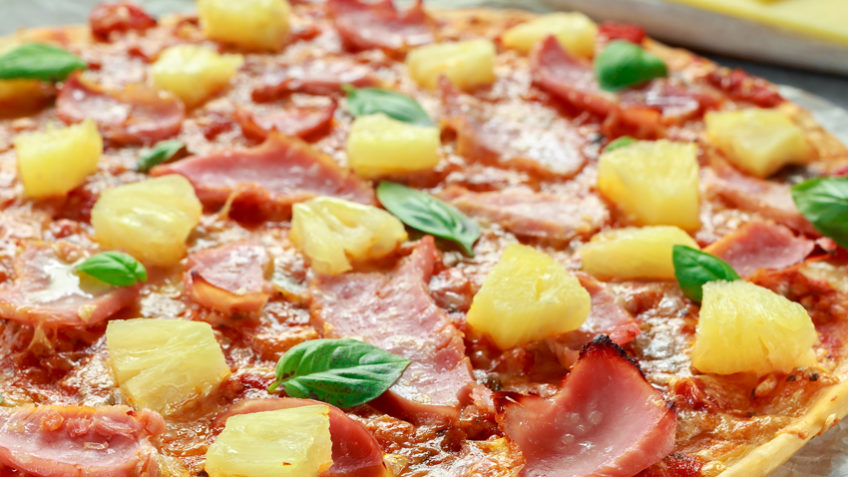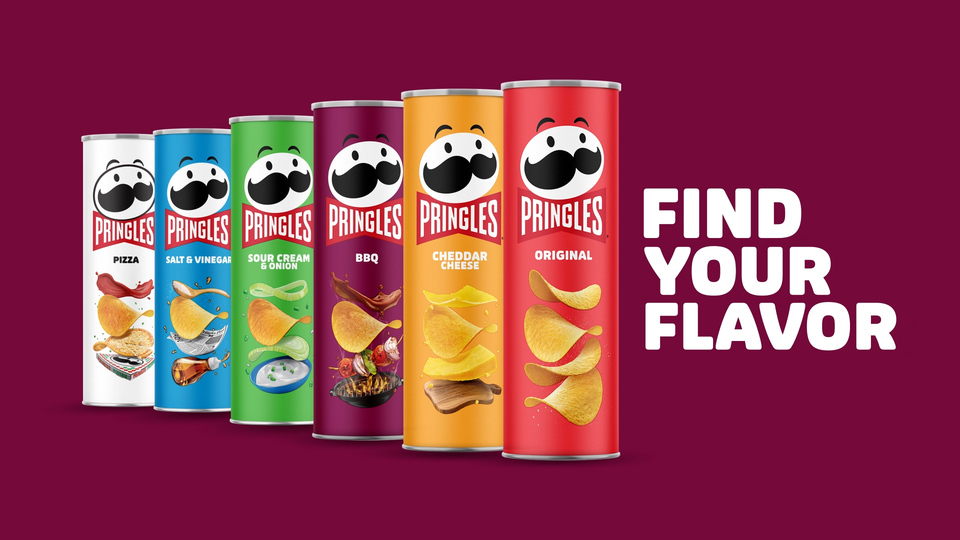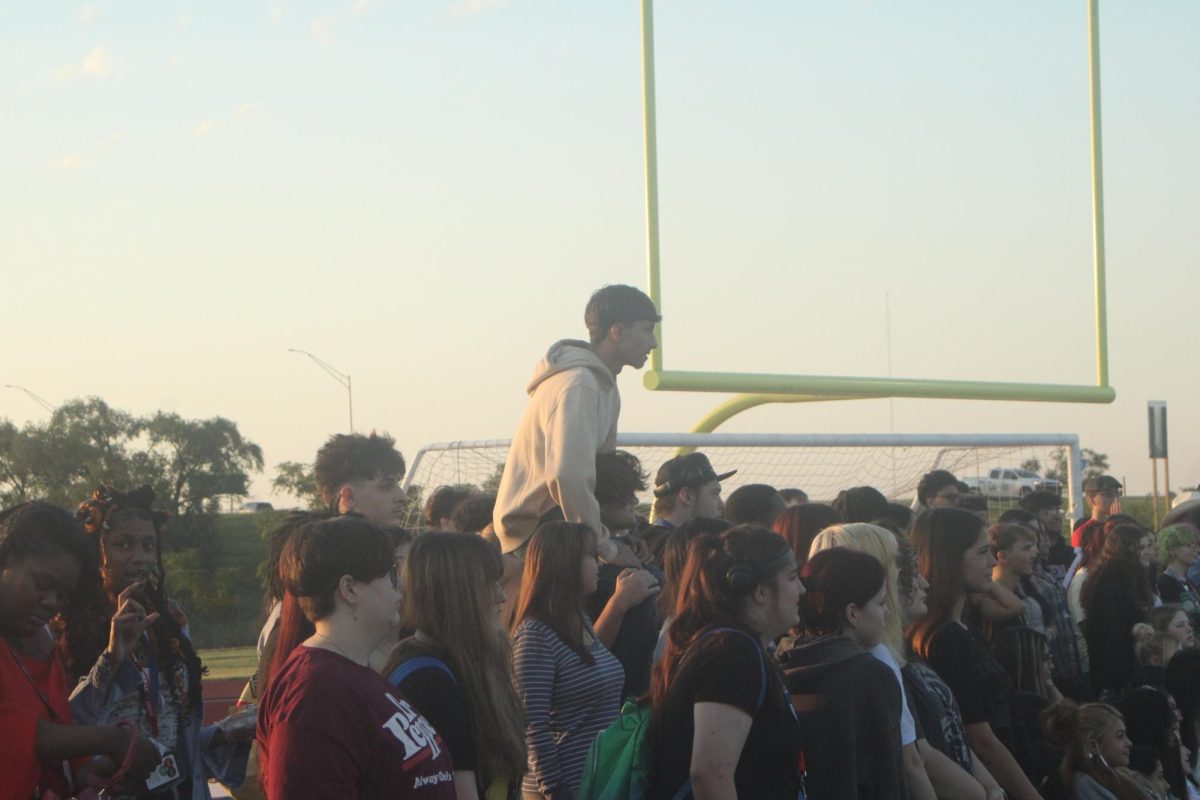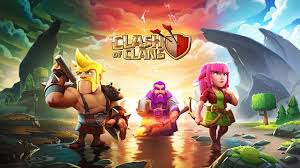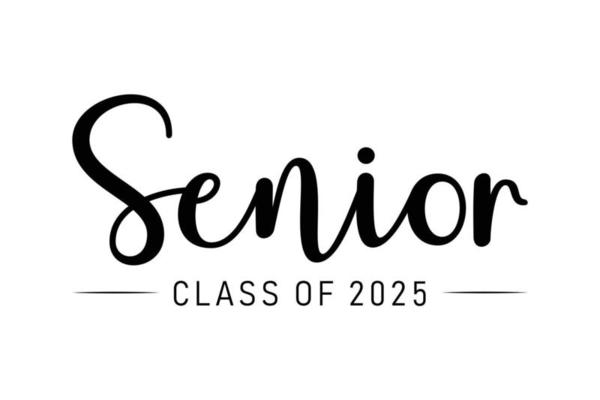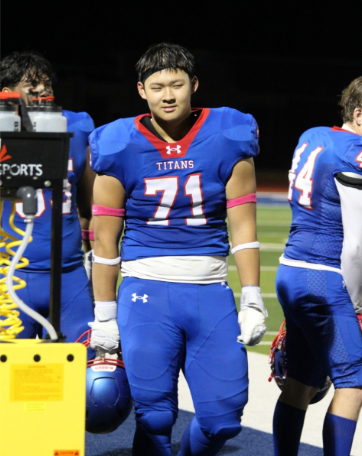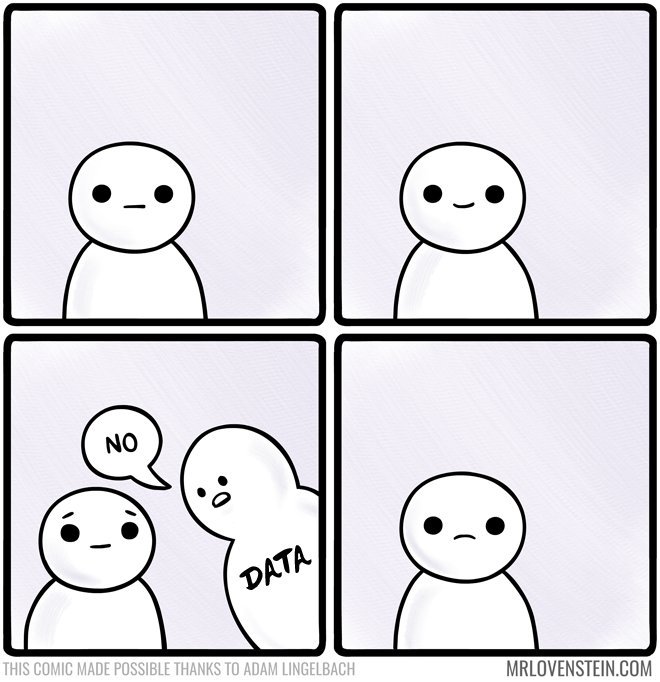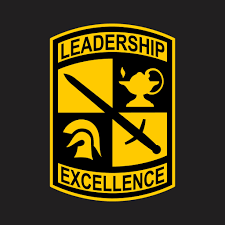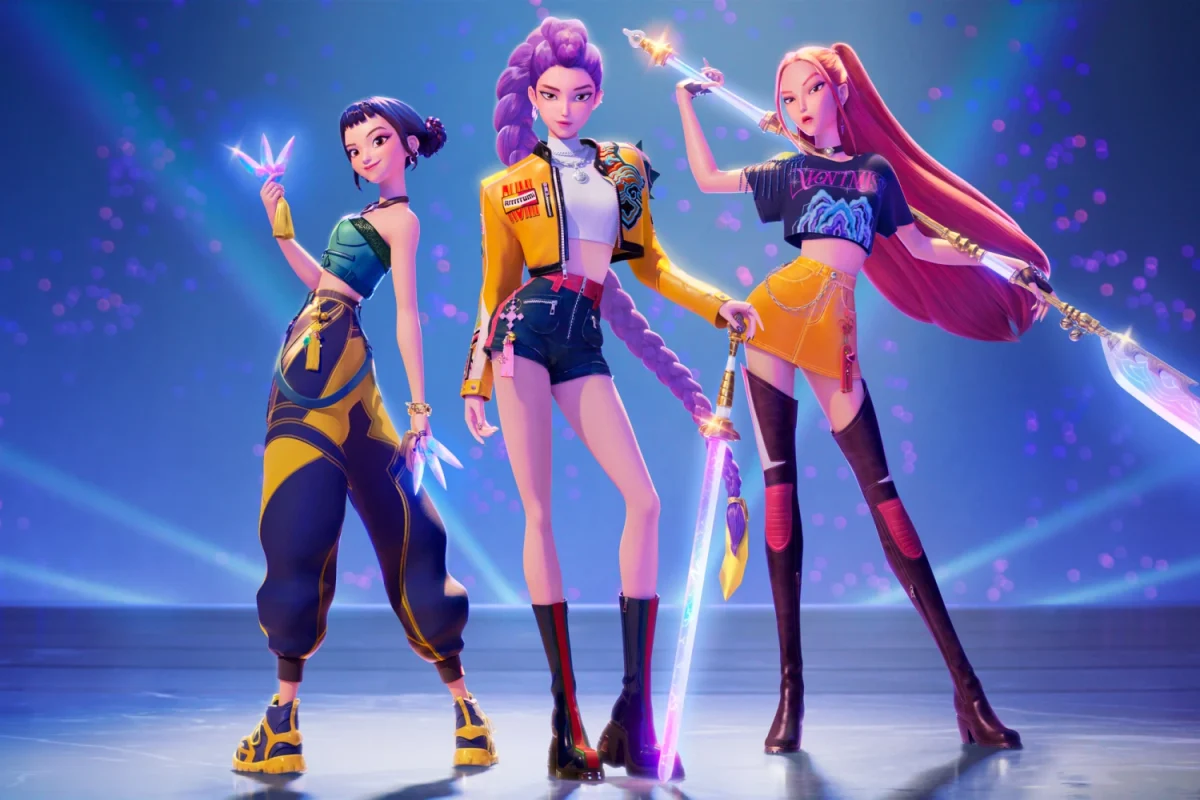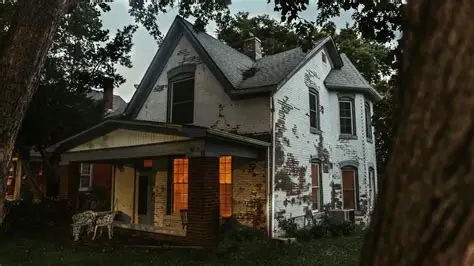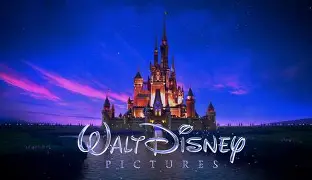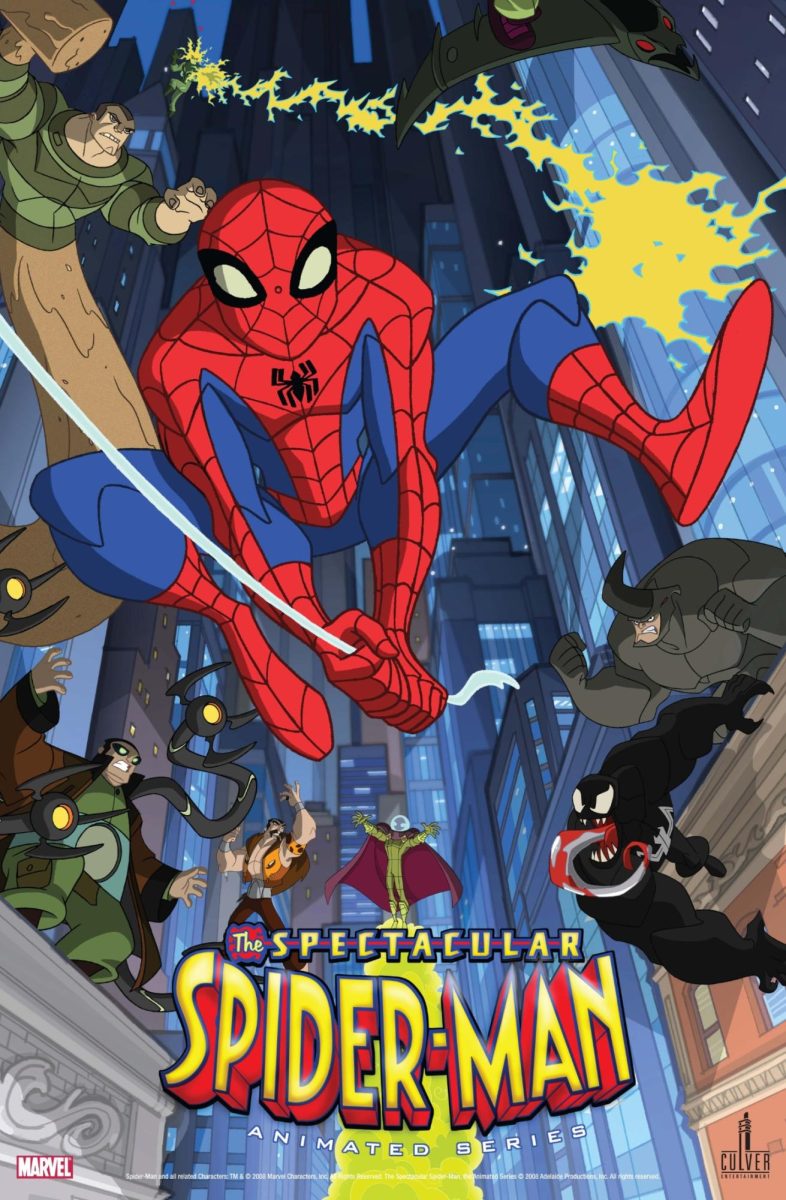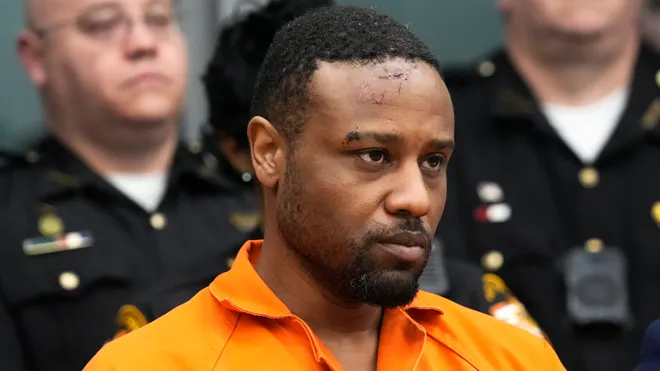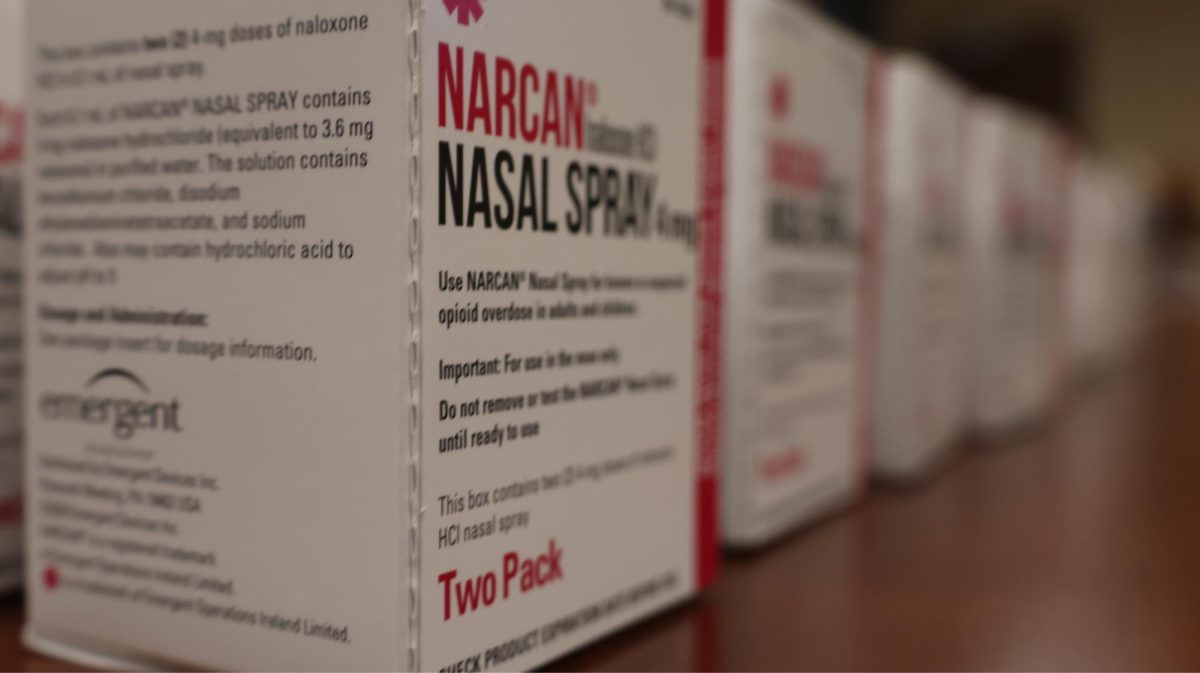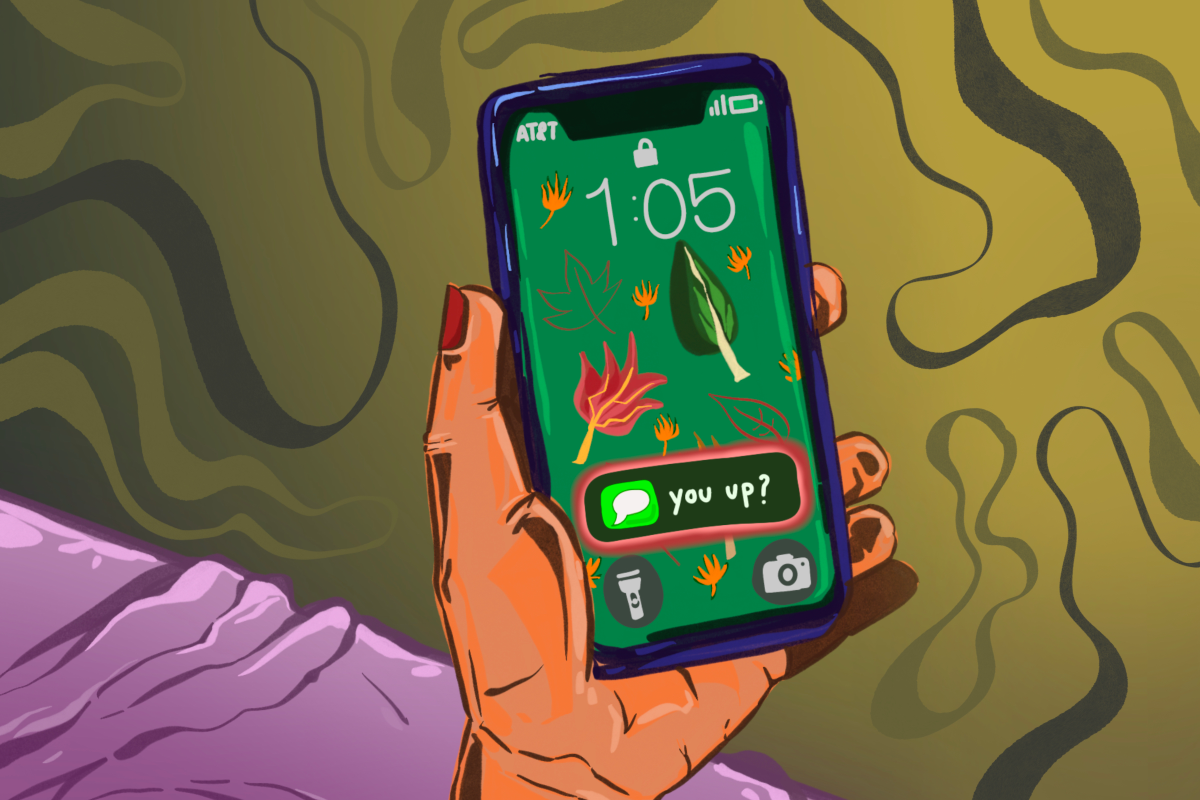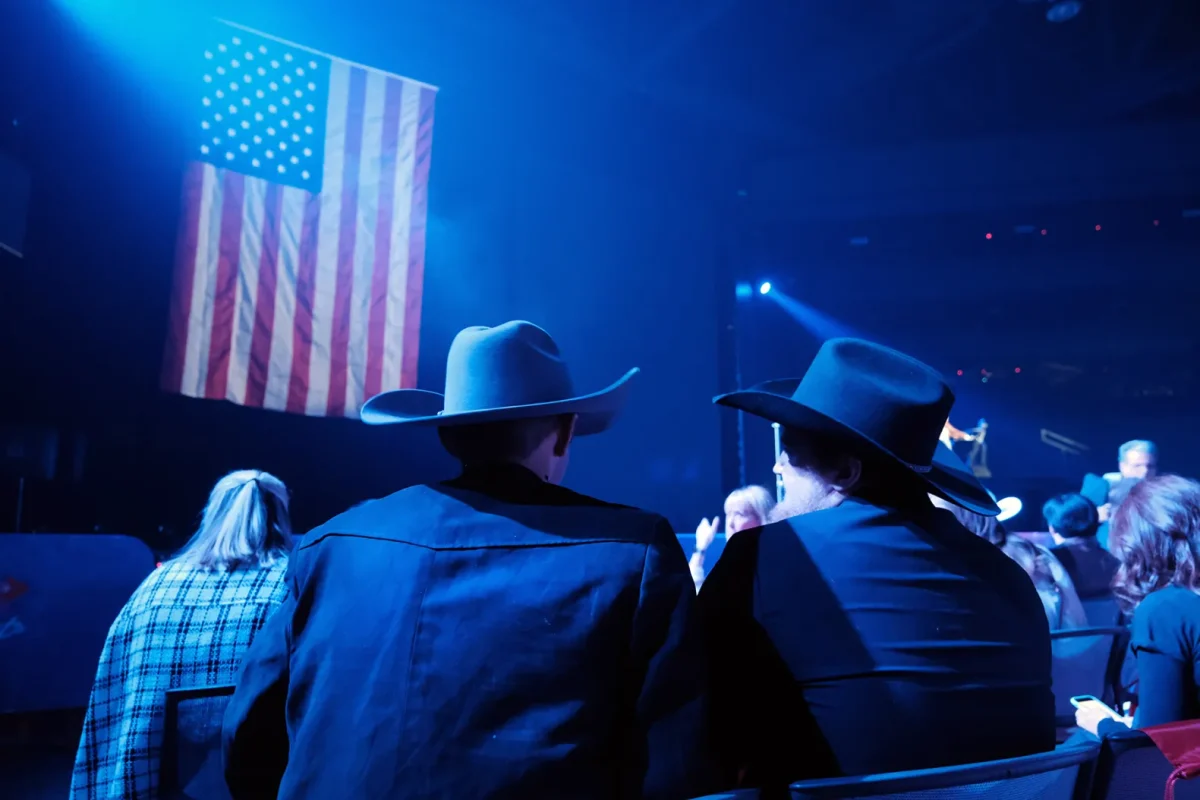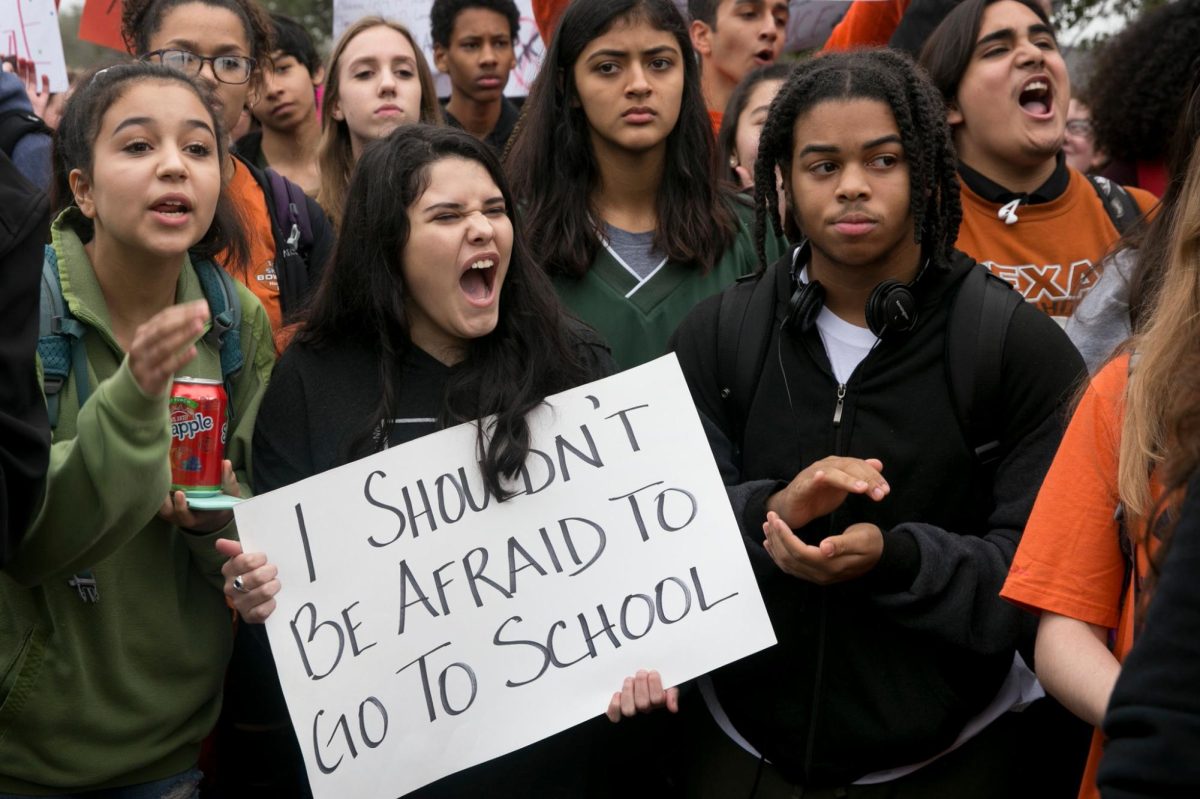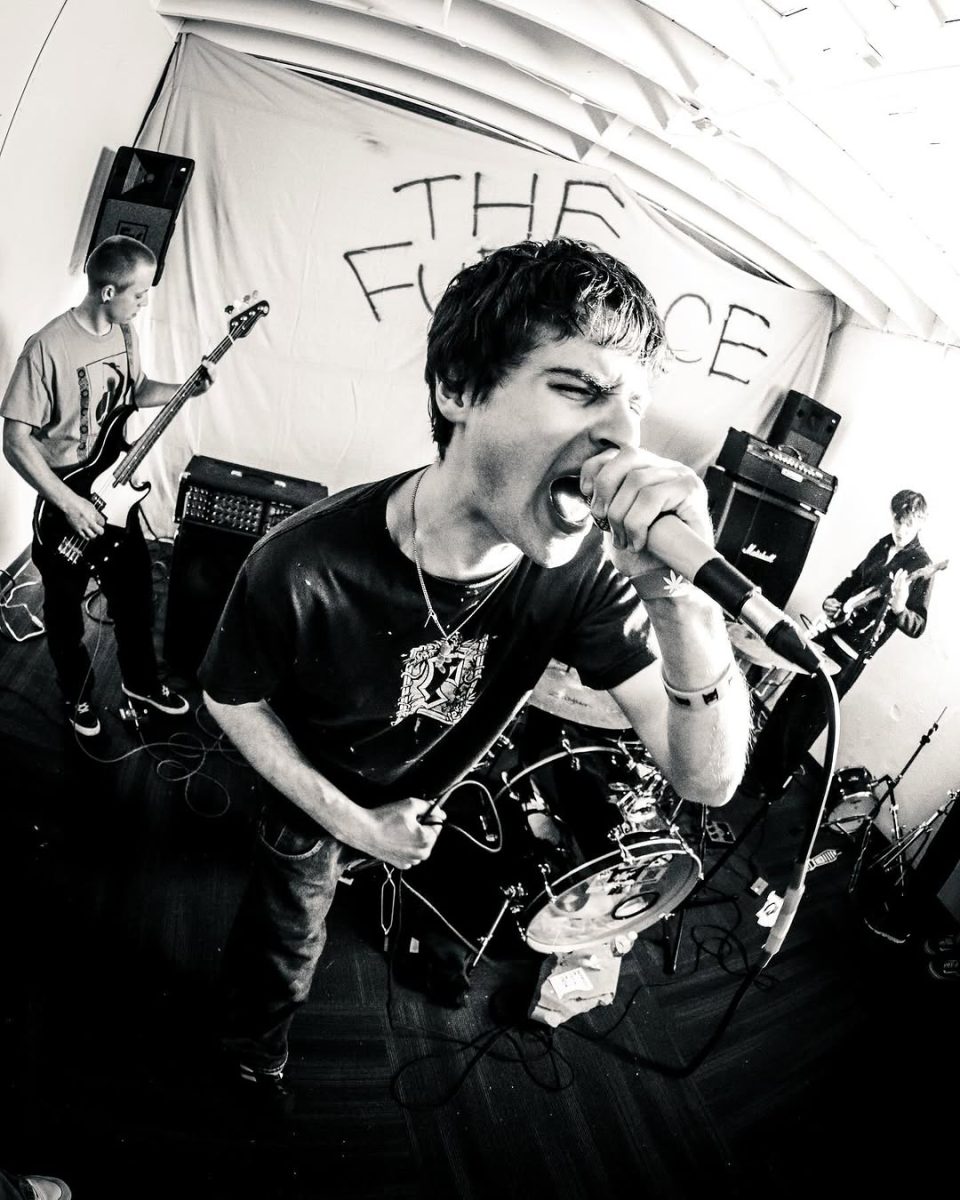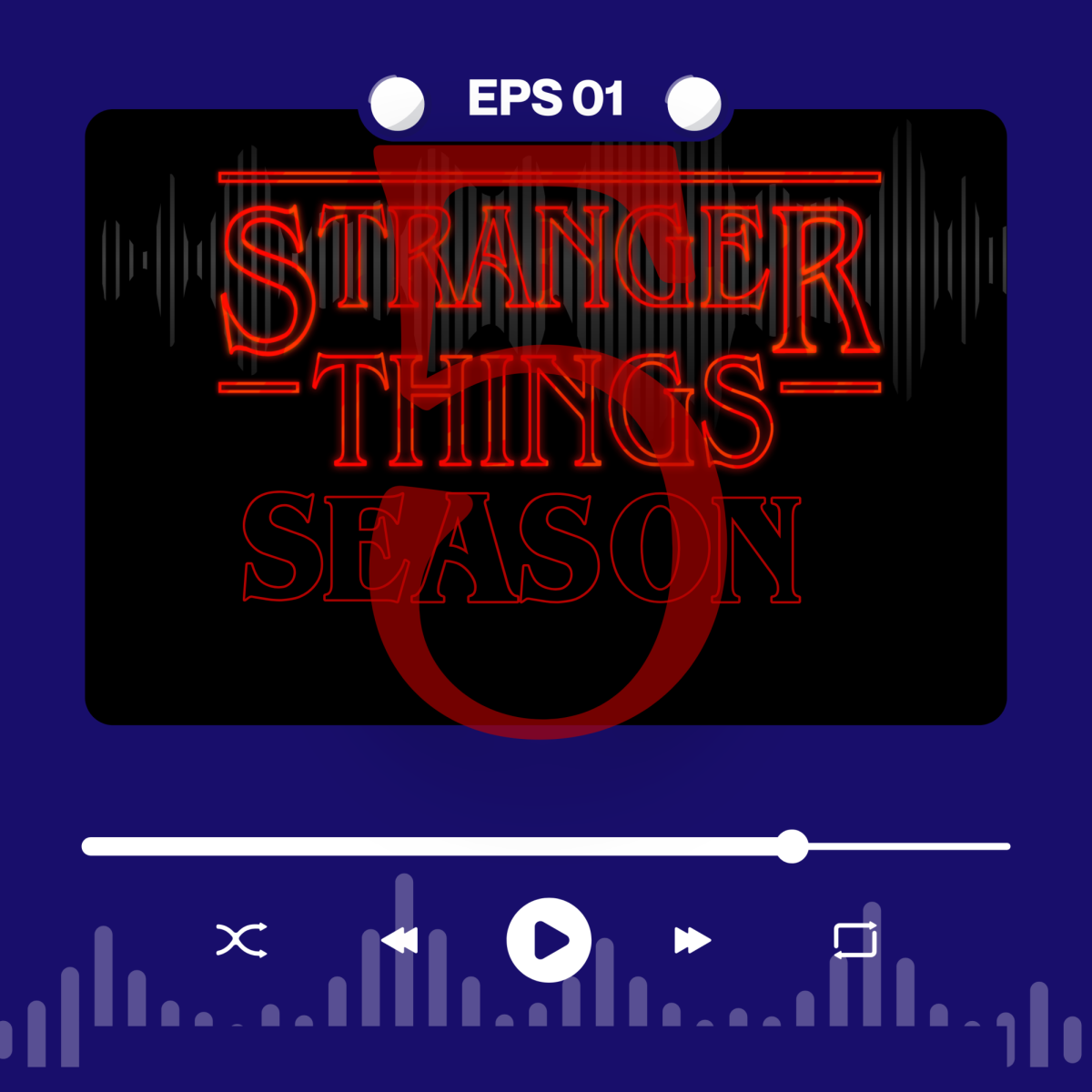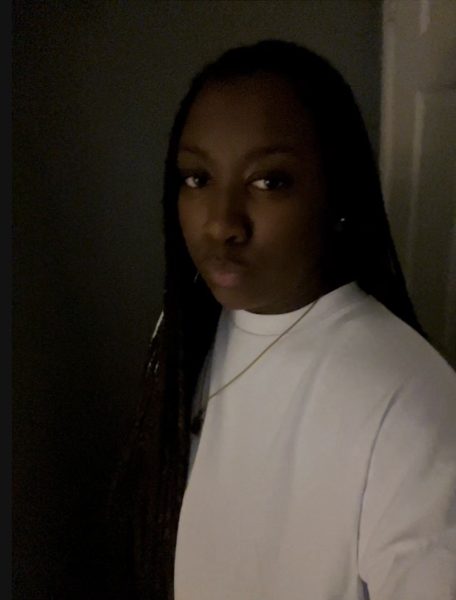Gun violence in the Black community is more than a statistic-it’s a wound that never fully heals. It leaves holes in families, fractures friendships, and destroys communities built around that person. In the Black community, where systemic inequalities are an ongoing cycle of violence, although the cost of these violent actions is not just another story to write about, or a statistic-there are names, faces, memories, and futures taken too soon.
For every young man or woman lost to gun violence, there is a mother who will never hear her child’s laugh, a father mourning the loss of their child who knew they would do big things, a best friend reminiscing going through old photos, or a younger sibling who will carry the weight of their absence, growing up in the shadow of someone who should still be here. The pain continues to linger, and will never fade, you will the constant reminder on birthdays that go uncelebrated, text left unanswered, in quiet moments when you can’t help but think about them.
In Black communities across America, grief is not personal, but a collective. The pain can be seen through, candlelit vigils, balloon releases, random barbecues in honor of someone, or a funeral program hanging on someone’s wall along with many others. Trauma comes in like an unwelcome neighbor, and teenagers today learn at a young age what gunfire sounds like, and how to run, but no one quite understands how to grieve. The sound of sirens now has a familiarity to it, and you have to make sure you’re not in the wrong place at the wrong time.
But gun violence in the Black community is not a reflection of what being black is- it’s a reflection of a system that has failed black people. It is a system that has to go through the consequence of economic divestment, schools being underfunded, and the streets being over-policed, giving these communities to heal this cycle of generational trauma. When opportunities are stripped away, when resources become scarce, when hope is dimmed that only allows the violet cycle to continue.
Yet, even in the worst of times, there is resilience. Some mothers turn their grief into activism, siblings who make sure their name stays alive, and communities who will honor them for their greatness. Some voices refuse to be silenced, and communities who come together, who refuse to be broken. Activists within Black communities play such an important role when addressing the crucial issues in the community, especially the reoccurring problem of gun violence. Many activists stand frontline to advocate for a better community, people like Brenda Mitchell, Destini Philpot, and Kelli Dillion just to highlight a few.
Believe that a little can go a long way. If you ever feel like you would like to help your community, you can do things such as volunteer work, youth programs, and support local organizations that focus on prevention, education, or mental health. Most importantly use your voice, listen to the voices of victims, families, and friends who have been impacted, speak out, address the issue, and take it head-on. People’s opinions matter. People’s Lives Matter. Educate yourself and pass it on to others. Create something that can uplift Black lives.
Black life is not just meant to survive-it is meant to thrive. It is meant for joy, for love, for long lives filled with laughter and purpose. The fight against gun violence is not just about stopping the bullets-it is about restoring the sense of safety and comfortability within the communities, providing resources, and allowing the next generation of black men and women to grow up knowing that they have a future and that the life they were born into does not mean that is the life you have to live, whether that’s in front or behind the bullet.
The loss is heavy, but the love is stronger. Love will always be worth fighting for. Love always comes out on top.

